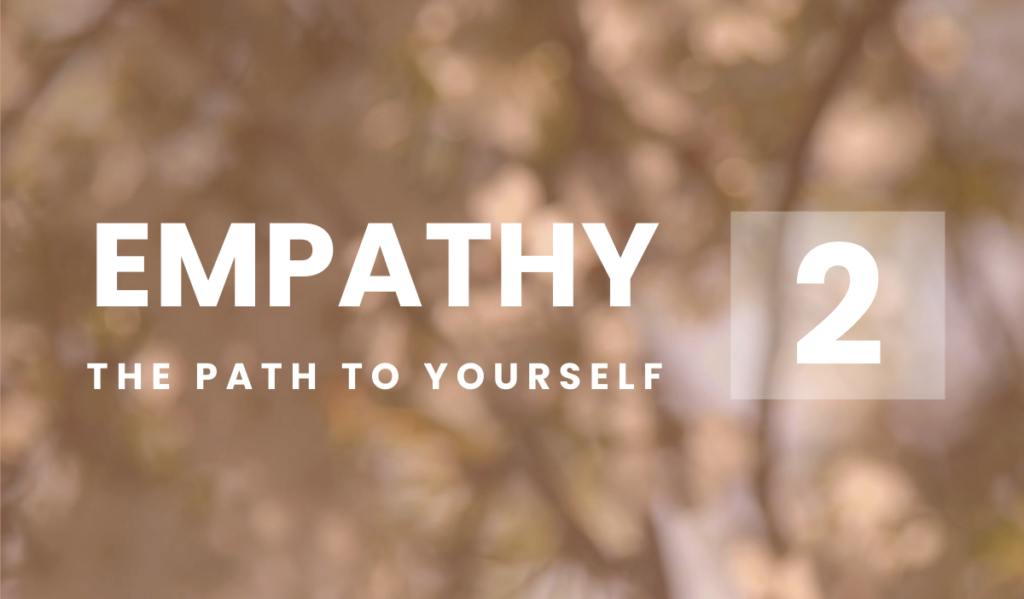When embarking on a journey with empathy, it’s best to start at the foundation—empathy toward yourself. What does it mean to be empathetic toward yourself? It’s the ability to view your own experiences with kindness, without criticism or judgment, much like you would support a close friend facing a challenge.
Why Practice Empathy Toward Yourself?
Empathy toward yourself is the key to being open to others and the world around us. Many of us engage in harsh inner dialogues filled with criticism, self-judgment, and high expectations. Unfortunately, this creates emotional turmoil that makes it harder to connect with the needs of others. By practicing empathy toward yourself, you learn to recognize your emotions, accept them, and understand how they shape your daily life.
Self-Awareness as the First Step
Self-awareness is the ability to notice your emotions, thoughts, and physical reactions. It also means recognizing your strengths, weaknesses, and core values. When you are aware of your inner world, you can better manage your reactions and navigate life with greater ease and balance.
True empathy toward yourself is only possible when you accept your emotions—even the difficult ones—as a natural part of the human experience. Instead of judging yourself for what you feel, you can acknowledge those emotions and allow them to be present without resistance.
Emotional Regulation – A Crucial Element of Empathy Toward Yourself
Emotional regulation is the ability to recognize and respond to emotions in a balanced way. This can be challenging because it requires us to pause before reacting—to understand what we’re feeling and why. Developing this skill leads to greater emotional stability, which benefits both our personal and professional lives.
How to Cultivate Empathy Toward Yourself
Here are some proven techniques to incorporate empathy into your daily life:
- Meditation – Helps build awareness of your thoughts and emotions while fostering a sense of calm.
- Journaling – Writing about both positive and difficult experiences helps identify emotional patterns and their underlying causes.
- Labeling Emotions – Naming feelings like “sadness” or “anger” makes them easier to accept without judgment.
- Regulating Emotional Responses – Pausing between impulse and reaction allows for a broader perspective, leading to greater understanding and inner peace.
The Ongoing Practice of Empathy Toward Yourself
Practicing empathy toward yourself is a continuous process that requires patience and consistency. But over time, it creates space for inner peace and strengthens your ability to be open and empathetic toward others.
Stay tuned as we continue this series, exploring how empathy helps build stronger relationships and deeper social connections.

